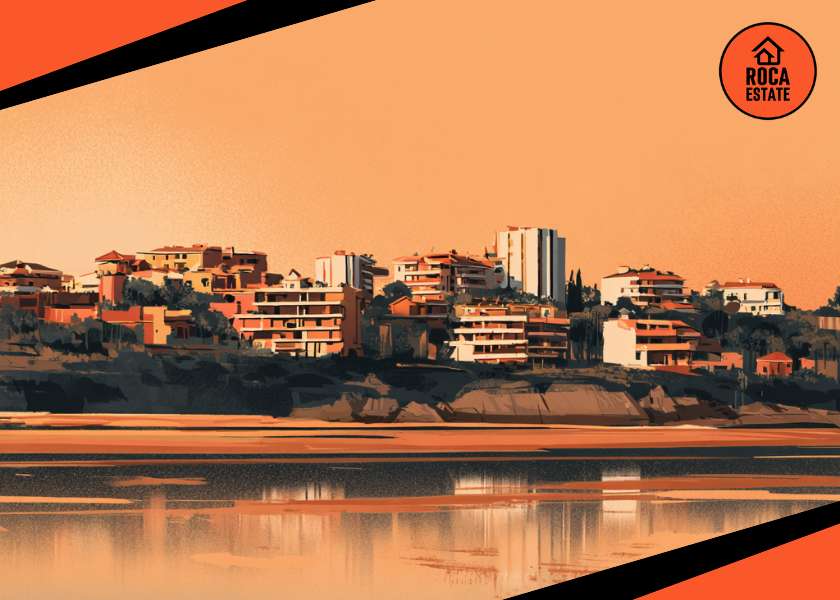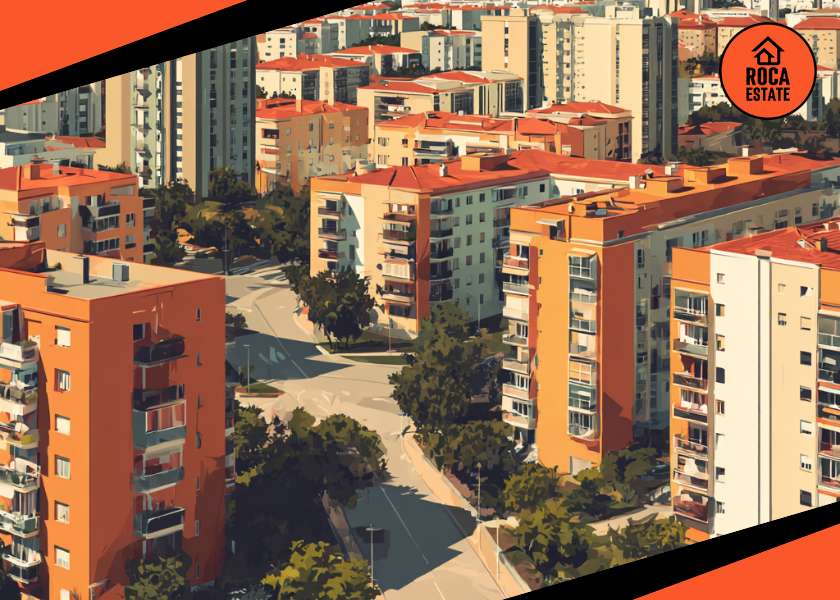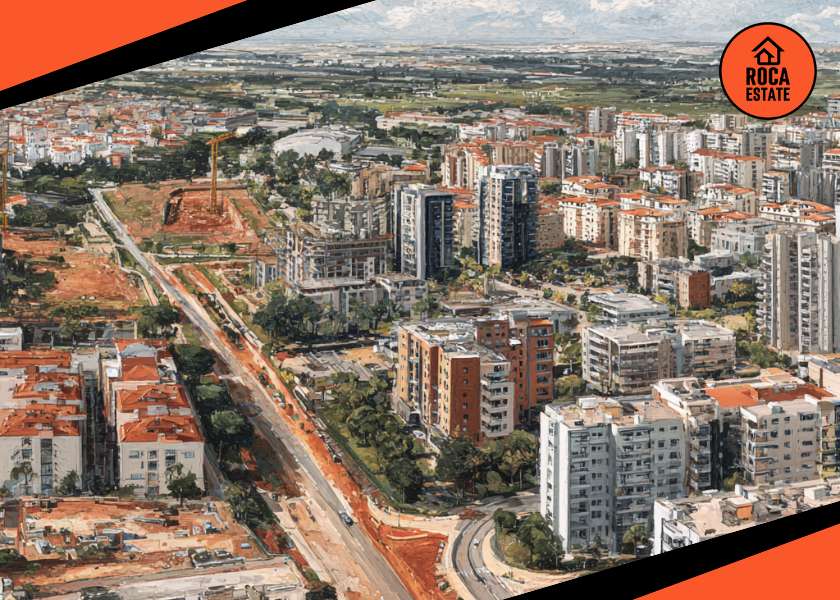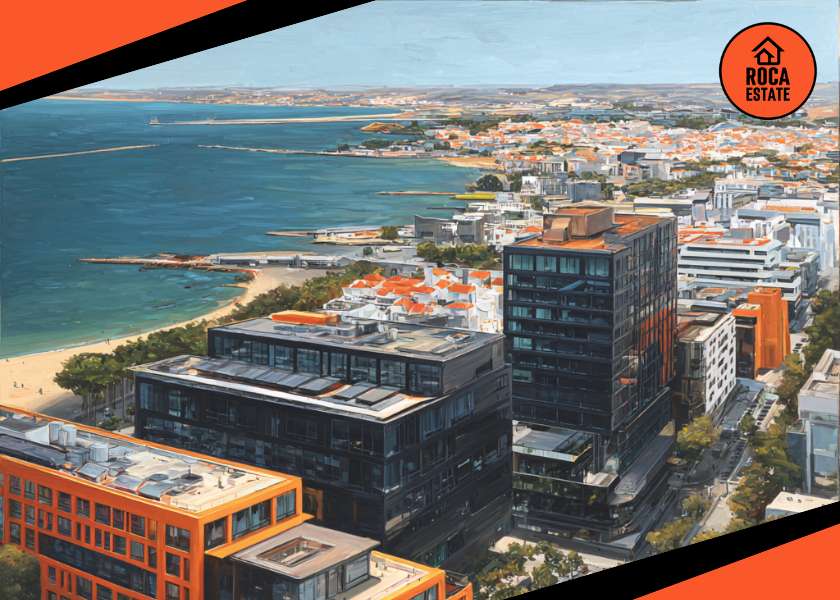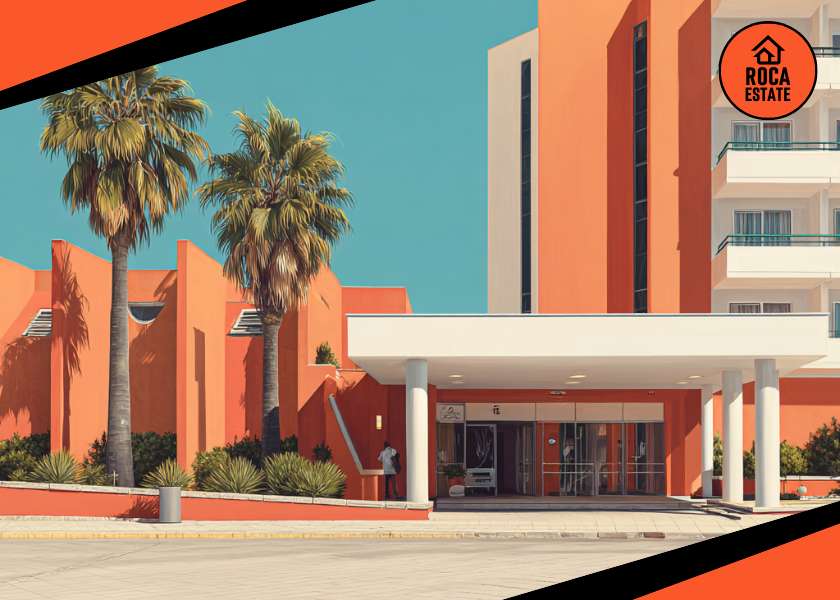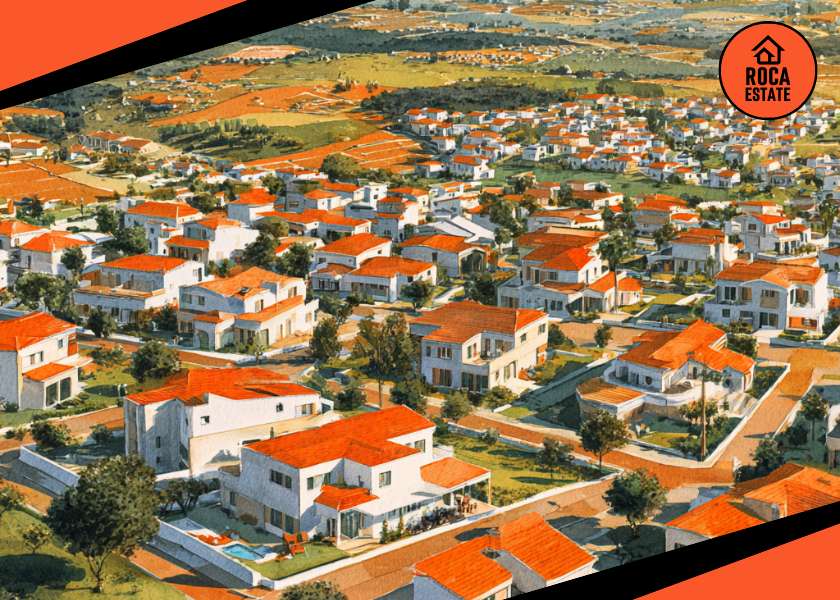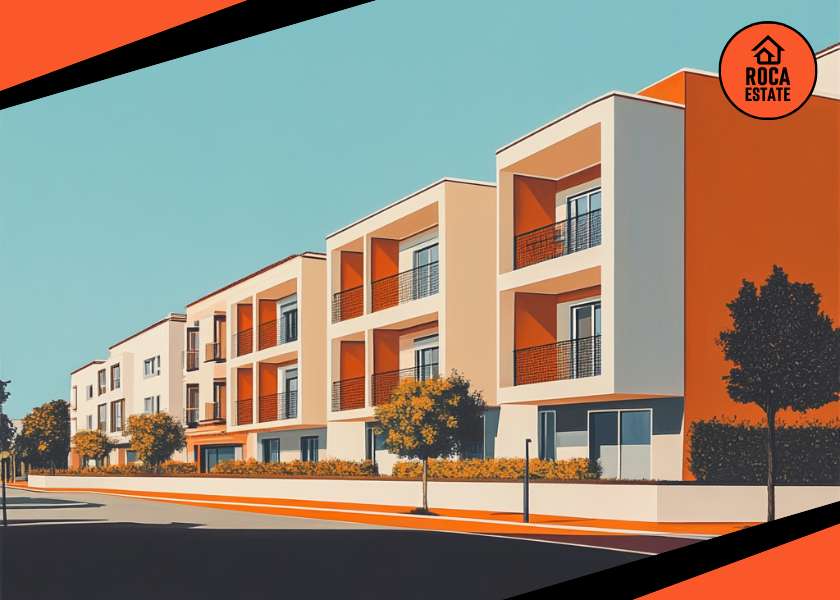The Portuguese real estate market remains firmly linked to the country’s robust tourism sector, which started 2025 on an accelerated growth trajectory. With a surge in tourist activity, January’s data from Statistics Portugal provides crucial insights for investors evaluating opportunities in hospitality, short-term rentals, and commercial real estate.
Tourism Sector’s Strong Performance in January 2025
The tourism accommodation sector recorded 1.6 million guests (+8.3% YoY) and 3.7 million overnight stays (+6.3%), demonstrating sustained demand. Total revenue increased by 13.8% to EUR 262.0 million, with accommodation revenue up 14.2% to EUR 188.9 million. These figures reflect a promising start for the year, underscoring Portugal’s resilience as a key destination for international and domestic travelers.
Key Market Drivers:
- Growth in Domestic Tourism: Overnight stays by Portuguese residents surged by 11.3%, contrasting with a more modest 3.8% increase in non-resident stays. This shift suggests a growing reliance on local travelers, which may shape investment strategies, particularly in regional destinations.
- Regional Disparities: The strongest growth in overnight stays was recorded in Setúbal Peninsula (+14.4%) and Alentejo (+11.4%), while Algarve’s performance was more subdued (+1.1%). Investors should consider emerging destinations beyond traditional hotspots like Lisbon and Porto.
- Shift in International Markets: While the British market remains dominant (14.6% share), it contracted by 3.3%. Meanwhile, Poland (+16.6%) and the U.S. (+10.3%) showed strong growth, signaling shifting visitor demographics.
Investment Implications: Where Opportunities Lie
Short-Term Rental & Hospitality Sector:
- RevPAR (Revenue per Available Room) increased 10% to EUR 33.2, while ADR (Average Daily Rate) climbed 7.3% to EUR 89.3. Rising room rates signal strong pricing power for operators, benefiting both hotel owners and short-term rental investors.
- Regions with highest RevPAR growth: Madeira (+24.5%) and Setúbal Peninsula (+17.1%) indicate strong investor demand in these areas.
Commercial Real Estate:
- Lisbon and Madeira Lead Revenue Growth: Lisbon accounted for 35.1% of total revenue, followed by Madeira (19.1%). These regions continue to offer lucrative commercial property investment opportunities in hospitality, retail, and co-working spaces tailored to the tourism economy.
- Occupancy Rates on the Rise: With bed occupancy at 28.9% (+0.5 pp) and bedroom occupancy at 37.2% (+0.9 pp), the market remains well-utilized. However, certain areas like the Algarve and Centro experienced declines, highlighting potential seasonal risks.
Strategic Outlook: What to Watch in the Coming Months
- Sustained Domestic Demand: With Portuguese residents driving growth, properties catering to this segment — such as countryside retreats and urban boutique accommodations — may prove lucrative.
- Shifting International Visitor Profiles: Investors should track changes in key inbound markets. Poland and the U.S. show strong momentum, while a decline in French and Brazilian tourists may impact demand in certain locations.
- Revenue Growth vs. Occupancy Challenges: While revenue is rising, the average stay has declined (-1.9%), particularly among non-residents. Shorter trips may affect profitability for high-end resorts and long-term rental properties.
- Regulatory Environment & STR Policies: The impact of evolving local regulations on short-term rentals (STRs) remains a key consideration, particularly in Lisbon and Porto.
Conclusion: A Data-Driven Approach to Investment
Portugal’s property market continues to present lucrative opportunities, particularly in the tourism-linked real estate sector. January’s robust figures reinforce confidence, but regional variations in growth, shifting tourist profiles, and evolving stay patterns necessitate a strategic, risk-managed approach. Investors should focus on emerging growth markets, revenue resilience, and regulatory trends to optimize portfolio performance in 2025 and beyond.
As the next set of data emerges, real estate investors should remain agile, leveraging market intelligence to capitalize on evolving trends and maximize returns in Portugal’s dynamic property landscape.
Guests in tourist accommodation establishments
Overnight stays in tourist accommodation establishments
Overnight stays in tourist accommodation establishments (by region)
Net room occupancy rate in tourist accommodation establishments
Net room occupancy rate in tourist accommodation establishments (by region)
Average Daily Rate (ADR) (YoY by region)
Net room occupancy rate in tourist accommodation establishments (YoY by region)
Growing tourism continues to fuel demand across key regions, reinforcing the value of investment real estate in Portugal. Visit our homepage to see how Roca Estate identifies and supports the best investments in Portugal, backed by market data and expert guidance.












